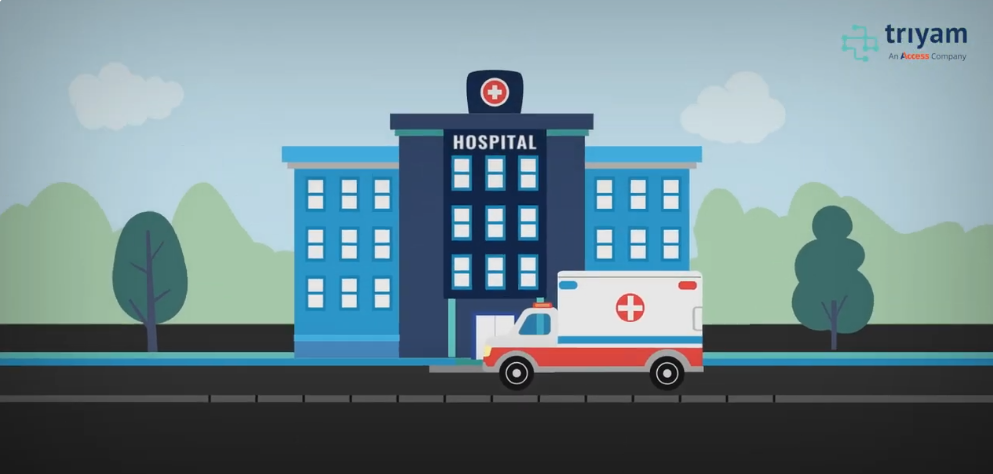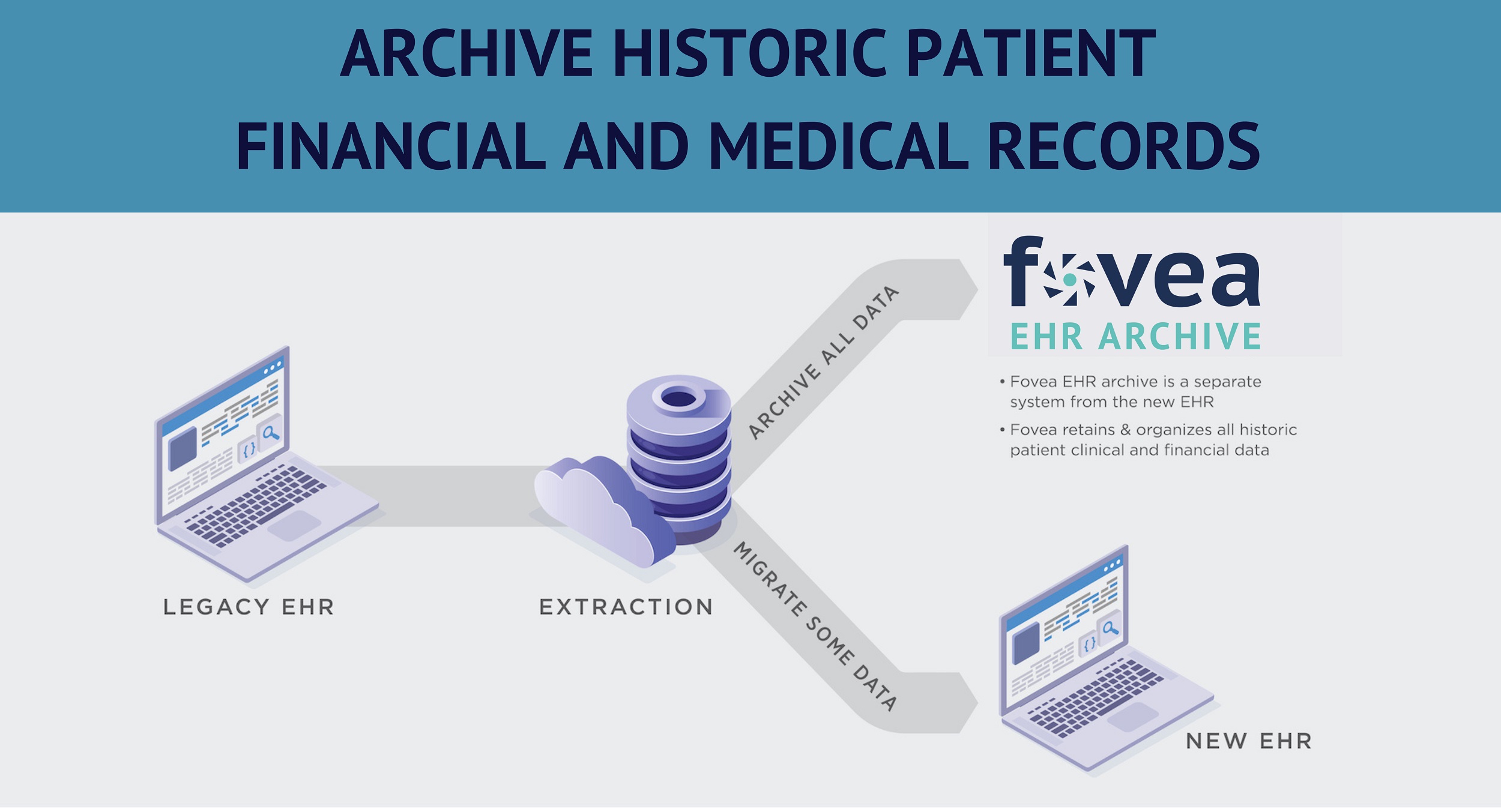

Why do Organizations Replace and Retire their EHR?
There are several reasons why healthcare organizations replace and retire their legacy EHRs and other systems.
Some of the major reasons include:
- Product sunset
- Merger and acquisition
- Retirement of the physician who managed the systems
- Meeting statutory retention requirements
- Data integrity risks
- Data accessibility issues
- Poor cybersecurity-resilence
- Lack of reporting capabilities and analytics
- Others
Your Organization decides to Replace and Retire its legacy systems, so what’s next?
Even if the organization decides to retire the obsolete systems, healthcare organizations are still responsible for maintaining medical and financial records. Organizations are many times led to the false belief that they will not need the old system once they move to the new one. However, as per federal regulations such as HIPAA and state retention laws, facilities must retain their patient data for an assigned duration, before its disposal in an appropriate manner.
Organizations soon find themself filled with questions such as:
- What’s next?
- What do we do with this historic data?
- Where do we store this data?
- How do we manage our historical data optimally?
But, do not worry. Triyam’s here to save the day!
Triyam can be the one-stop solution to help your organization replace and retire its EHRs and other systems. Triyam assists organizations:
- EMR data extraction/ EHR data extraction/ other systems extraction
- EMR data conversion/ EHR data conversion/ other systems conversion
- Data migration, Data archiving, Data retention and Data purging
Triyam’s data management services help organizations have a smooth, stress-free transition to the new EHR or archive, without losing any historical data.
We help organizations:
- Migrate current data to the new system
Cleanse and transform data and start with a new slate - Archive legacy data to Triyam’s SaaS archive, ‘Fovea EHR Archive’
Retain data as per statutory and organizational retention requirements - Improve data accessibility
- Decommission EHRs or other systems
- Avoid paying EHR application, license, maintenance, and support costs
- Provide a secure, HIPAA-compliant data management process and solution
What’s the best Data Management Strategy: Archive, Migrate, or Both?
Triyam helps healthcare organizations determine the best data management strategy based on their policy for continuity of care, the release of information workflow, retention requirements, vendor costs, and future needs for historic information such as legal and insurance documentation, patient and provider requests, audits, and accounting.
If an organization prefers migrating its data to the new EHR, Triyam provides data migration services to extract, convert, transform, and load data into the new EHR. Learn more.
If long-term data retention and storage of historical data, with analytics and reporting, is the goal, Triyam provides data archival services to extract and archive data into the new EHR or its cloud-based solution, ‘Fovea EHR Archive.’ The solution is user-friendly, secure, and designed with the perspective of customers’ ease of use. Learn more.
There could also be several reasons why an EHR replacement may involve both migration of some data and archival of some data, as shown in the image below. Triyam helps in data migration to the new EHR, legacy data archiving to Fovea, or both.
Our team performs data conversion, migration, and archival based on retention guidelines and organizational needs, by collaborating with the facility at every step of the project. We ensure that our customer’s data is managed in a way that would provide their organization with a higher return on investment, improve their workflow, and help them manage their data in the long run, with an optimal data management strategy.
Interested in Triyam’s data management solutions for your organization?
Reach out to our team at Info@triyam.com or give us a call at 855-663-2684.
